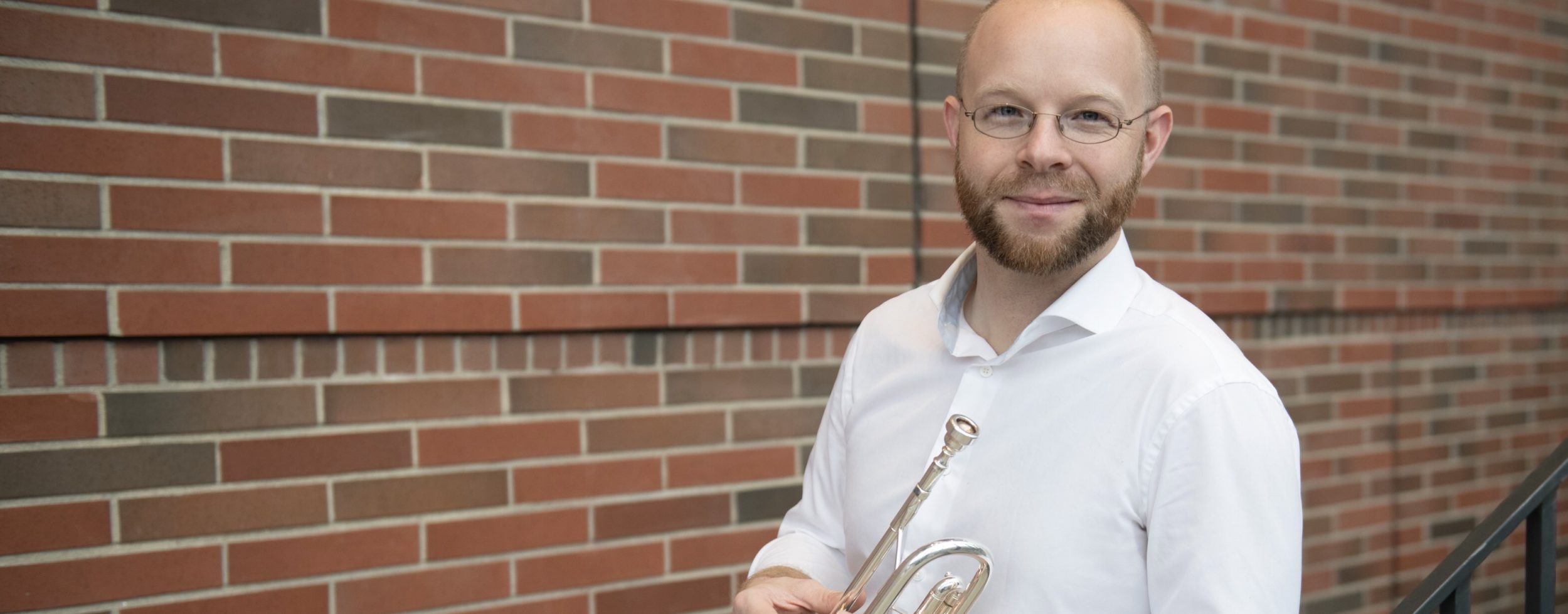This is a risky post, but it is a subject that has come up repeatedly over the last couple of months. Let’s imagine that a professor of a student who applied to this person’s studio reached out, a person I do not know, and that I am not associated with in any way (surprisingly, as it is a small world… more on that later). My student, an all-state-level player in this case, had opted to go somewhere else, a school of significant reputation for performance and filmmaking, the two subjects this student was most interested in. Okay, okay. This isn’t hypothetical. Also: this was not a trumpet student, and I’m not going to tell you which instrument the student plays or which school I might be discussing, in an effort to not get immediately called out. And also because I think people deserve the benefit of the doubt, so I don’t want to cast a stone in any particular direction except skyward.
So anyway, Professor X reached out, not to be rude or standoffish, but clearly in frustration with the fact that they are having difficulty attracting/recruiting students. My first issue with this person was, I do not know, had never worked with, and basically did not know a single thing about them. My student applied because it was a small local “safe” school, but I had zero professional contact with a single member of the faculty at this college. Not that I think I know everybody, but I do know lots of people, especially locally, so it was an interesting trivia fact that we had never crossed paths, and worthy of attention.
So I pointed this out, as positively and politely as I could, knowing full well I don’t know everybody, have not played with every orchestra on the planet, and that it was entirely possible that this person was more active than I am. But Professor X acknowledged that they do not play professionally a lot, and rather concentrates on being “good teacher” and “ very active in their professional organization,” and “publishing a lot.” How someone can be a good teacher without being committed to their playing is a curiosity, but again, benefit of the doubt. All of those things are wonderful in their own right. The profession needs willing, cheerful, good service. But I don’t think it is off-base to say that a prospective undergraduate is not overly invested in the professional journals, certainly does not care about committee work, and on what basis does a prospective evaluate a potential teacher’s teaching if not on their playing and the success of their students?
To be perfectly clear, I don’t tell students where to apply. I have some schools on my list that I know are generally pretty good, but no school is good for everybody. And I am about as far from a local king maker as anyone. To put it simply, though, when students ask what I think of X school, the questions I answer aloud are “what are this person’s students doing now?” And, “what role did this teacher play in getting them there?” They are fairly open-ended questions with infinite possible positive answers. In this most recent case, my student wanted to learn how to play the trombone and about film, and the teacher in question didn’t really have credentials as a performer, nor did the college have a film department. So it was a very easy question for him to answer.
For what my opinion is worth, I think this phenomenon is not terribly uncommon, especially for colleges that are struggling to recruit. Programs no doubt hire wonderful people with a broad base of academic knowledge and experience, and I also know there are a lot of other factors to weigh when making hires. But the average prospective student does not really care. They just want to know they’re not wasting their money. It will remain a bit of a mystery to me how colleges end up with new hires without performance portfolios in some idiom that generates income, but that’s not up to me. Some will point at me and call me sour grapes for having a DMA but not working full time in higher education, which is not entirely false… although as an aside, I believe I have built a career as an orchestral musician that makes me happier anyway (which, by the way, was built on a solid foundation of fundamentals, knowing the standard repertoire, and being the best musician I know how to be).
In any case, I had the above conversation more than once this past NASM deadline, so the problem is clearly not entirely rooted in my own jaded soul. I think the data bears that out as well, as I saw some pretty shocking statistics about college enrollment very recently. And before I get called a fascist, I would like to point out that the people that disagree with me the loudest are almost entirely college teachers. Whether this constitutes a bias is up to the reader, I suppose. There is always the possibility that I am completely mistaken about all of this, in which case, carry on! Whatever happens, it will continue to be an area of intense curiosity for me watching music programs adapt to the current environment.
